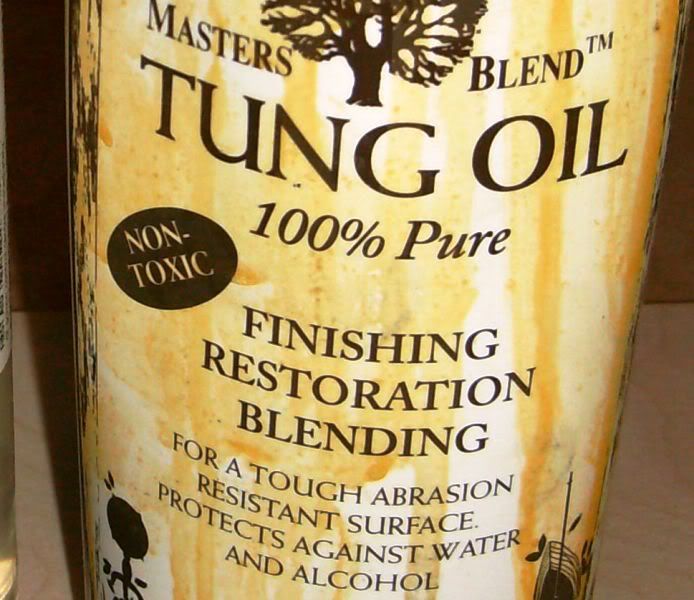I've made a few bamboo kitchen utensils and plan to "field test" them to see if they hold up well enough to be worth selling cheap to friends, co-workers, etc...
I'd like to put a least some type of finish on them to keep the grain sealed so it doesn't rise when washed.
I have tung oil; is that food-safe once dry or should I look elsewhere?
I'm not interested in anything glossy, and I'd really like it to be a penetrant, like the tung oil.
Any suggestions?
Elmojo
I'd like to put a least some type of finish on them to keep the grain sealed so it doesn't rise when washed.
I have tung oil; is that food-safe once dry or should I look elsewhere?
I'm not interested in anything glossy, and I'd really like it to be a penetrant, like the tung oil.
Any suggestions?
Elmojo


